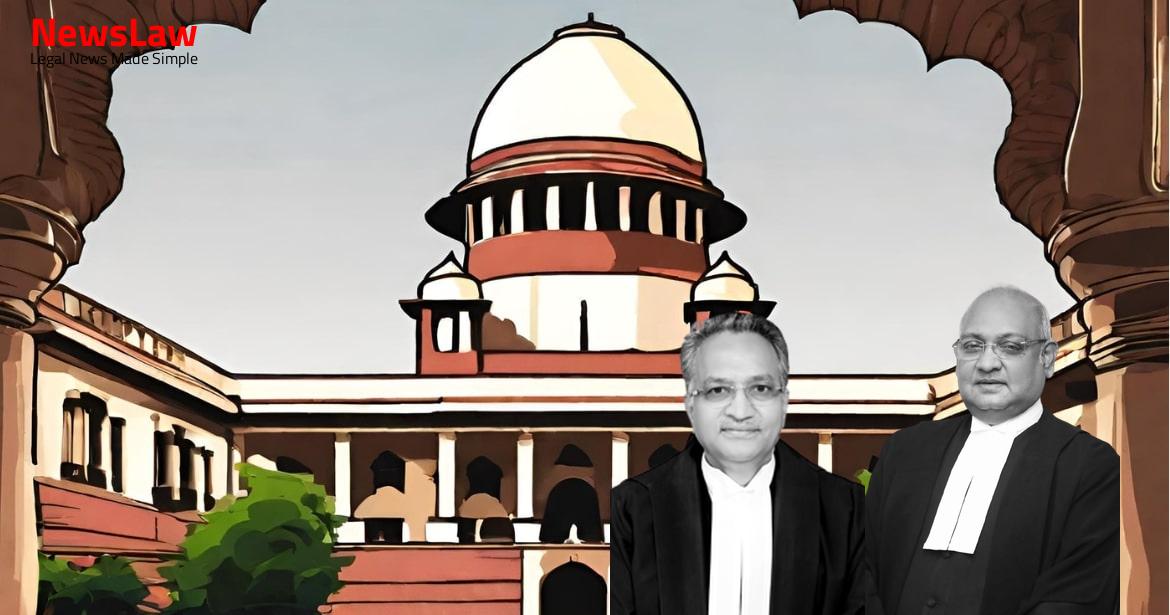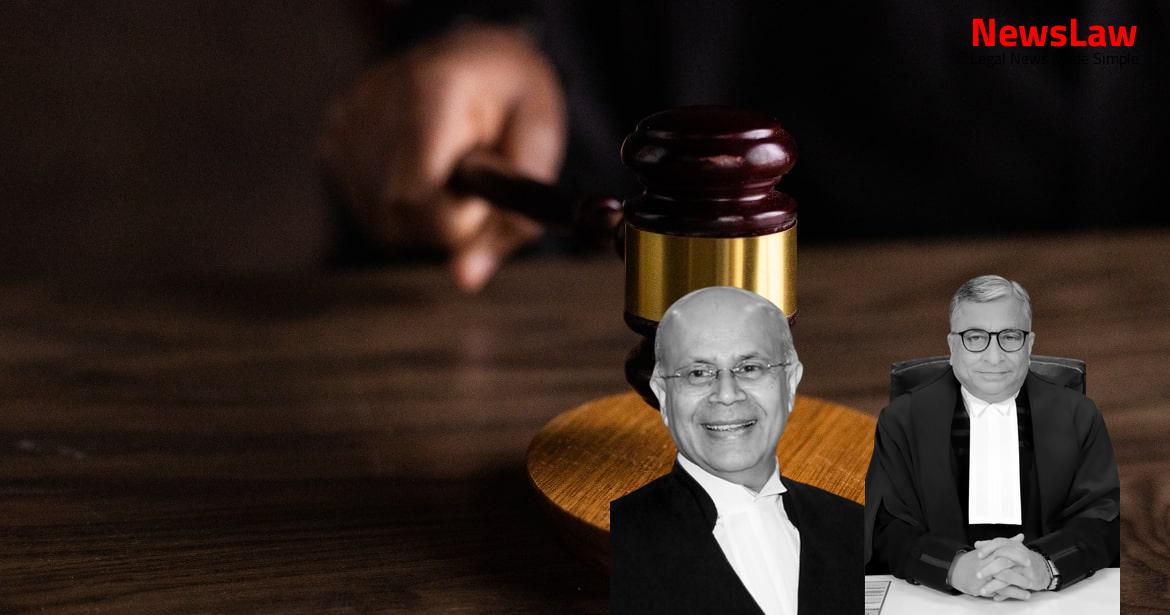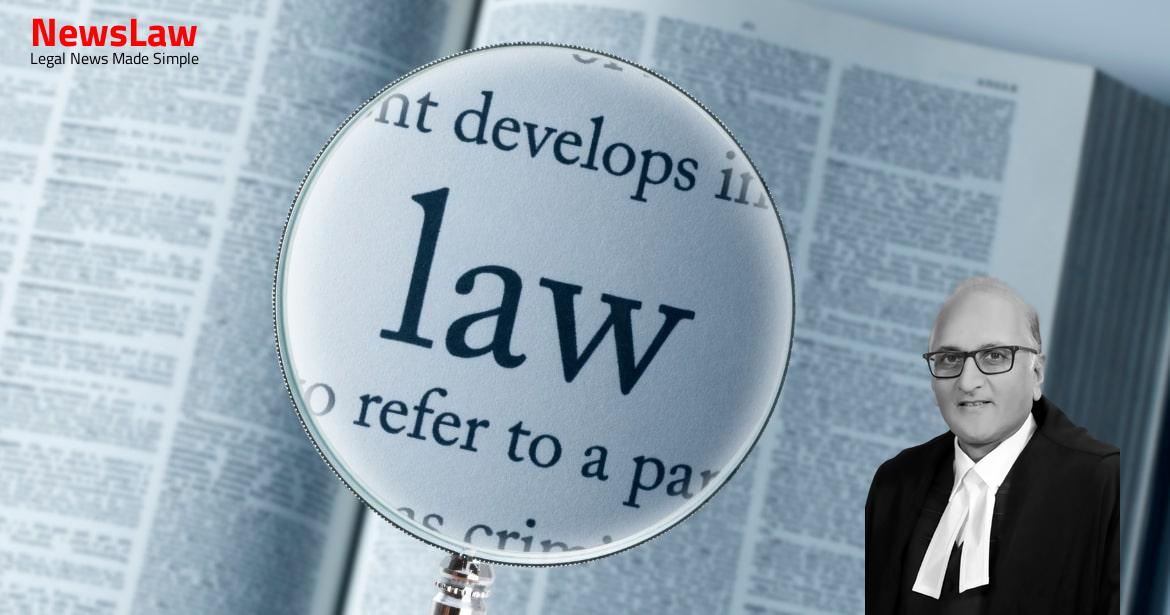Special Appeal Writ No 303/2005, by which, the High Court has allowed the said appeal preferred by the respondent herein and has set aside the penalty imposed by the disciplinary authority and has directed the appellant(s) to reinstate him in service with notional benefits without any back wages, the Union of India and others have preferred the present appeal. That thereafter, the respondent filed a writ petition before the learned Single Judge of the High Court challenging the penalty order of dismissal being Writ Petition No. 303/2005 before the Division Bench of the High Court and by the impugned judgment and order the High Court has set aside the order of penalty of dismissal by observing that considering Sections 9 and 10 of the CRPF Act, 1949 and when the misconduct was committed the respondent was not on active duty and therefore, the offences committed by the respondent can be said to be less heinous offence which does not warrant the extreme penalty of dismissal.
Diwan, learned ASG, that order of penalty of dismissal was imposed upon the delinquent – respondent in exercise of powers under Section 11 of the CRPF Act, 1949.
It is submitted that reliance placed upon Sections 9 and 10 of the CRPF Act, 1949 by the Division Bench of the High Court while interfering with the order of penalty of dismissal imposed by the disciplinary authority on the ground that the respondent – delinquent was not on active duty when he committed the misconduct and therefore, the same can be said to be a less heinous offence and therefore, the order of penalty of dismissal is disproportionate, is absolutely misplaced.
It is submitted that therefore, the misconduct of disobedience of the orders of the superior and insubordination and giving threats to the senior officers for dire consequences cannot be tolerated in a disciplined force.
It is submitted that in the aforesaid decision, it is observed and held by this Court that the High Court in exercise of powers of judicial review, Courts should be slow in interfering with the punishment of dismissal on the ground that it was disproportionate. 2
It is further submitted by the learned counsel appearing on behalf of the respondent that looking to the fact that the respondent had worked for 11 years, a lenient view may be taken and any other punishment lessor than the penalty of dismissal may be imposed. The charges and misconduct held to be proved against the respondent who was serving in CRPF – a disciplined force can be said to be a grave and serious misconduct. 1
Also Read: https://newslaw.in/case-type/civil/acquisition-of-land-and-deemed-lapse-under-the-act-2013/
While holding that the penalty of dismissal can be said to be disproportionate to the gravity of the wrong, what is weighed with the Division Bench of the High Court is that as the respondent was found to be in a state of intoxication when not on duty and considering Section 10, he is deemed to have committed a less heinous offence.
In the case of Surinder Kumar (supra), it is observed that even in a case when a CRPF personnel was awarded imprisonment under Section 10(n) for an offence which though less heinous, he can be dismissed from service, if it is found to be prejudicial to good order and discipline of CRPF.
3 Applying the law laid down by this Court in the aforesaid decision(s) to the facts of the case on hand, it cannot be said that the punishment of dismissal can be said to be strikingly disproportionate warranting the interference of the High Court in exercise of powers under Article 226 of the Constitution of India. 4
Also Read: https://newslaw.in/case-type/civil/taxation-of-engineering-design-drawings-goods-or-services/
At this stage, it is required to be observed that even while holding that the punishment/penalty of dismissal disproportionate to the gravity of the wrong, thereafter, no further punishment/penalty is imposed by the Division Bench of the High Court except denial of back wages. SHAH)…………………………………J.
Case Title: UNION OF INDIA Vs. CONST. SUNIL KUMAR (2023 INSC 55)
Case Number: C.A. No.-000219-000219 / 2023



